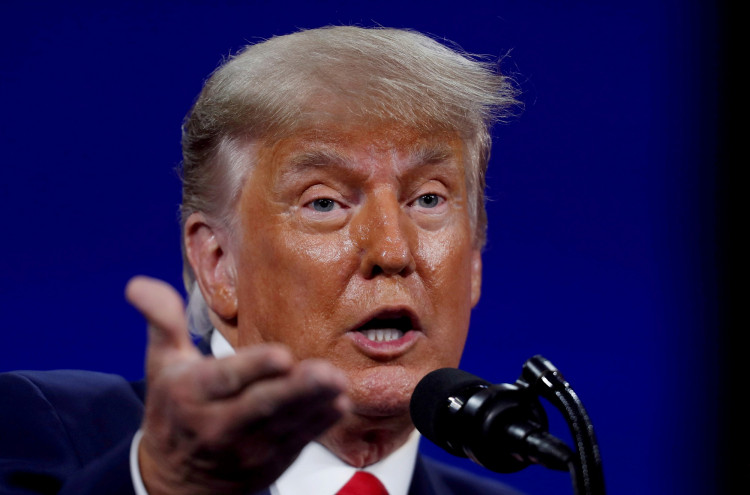Former President Donald Trump emerged as a significant victor at the U.S. Supreme Court, securing rulings that not only bolster his 2024 presidential bid but also redefine presidential immunity. The rulings have far-reaching implications, shielding Trump and potentially future presidents from criminal prosecution for actions deemed part of their "core executive functions."
The Supreme Court's decision on presidential immunity, delivered on the last day of its term, established that presidents are absolutely immune from criminal prosecution for actions taken within their core constitutional duties. This ruling comes at a critical time for Trump, who faces multiple legal challenges, including charges related to efforts to overturn the 2020 election results. Chief Justice John Roberts, writing for the conservative majority, asserted that this immunity is necessary to ensure that presidents can perform their duties without fear of subsequent prosecution.
"The president is a branch of government, and the constitution vests in him sweeping powers and duties," Roberts wrote. "Accounting for that reality ... does not place him above the law; it preserves the basic structure of the constitution from which that law derives."
This landmark decision effectively nullifies the possibility of prosecuting Trump for obstructing justice in the Russia investigation, as posited by former special counsel Robert Mueller. Mueller had testified in 2019 that Trump could be charged with obstruction of justice after leaving office, a scenario now rendered moot by the Supreme Court's ruling. The court's interpretation suggests that actions such as firing a special counsel fall within the president's core executive functions, thus granting immunity.
The implications of this ruling extend beyond Trump's immediate legal battles. Should Trump win a second term, the decision paves the way for him to exercise presidential powers with significantly reduced accountability. The ruling grants presidents sweeping authority, making it difficult for Congress or the courts to intervene in cases where presidential actions, even if abusive, are constitutionally protected.
Trump's legal victories this term were not confined to the immunity ruling. The Supreme Court also struck down efforts to disqualify him from the 2024 ballot and narrowed the application of a criminal obstruction statute used against January 6 defendants. These decisions collectively fortify Trump's legal position, complicating efforts to hold him accountable for actions during his presidency and potentially emboldening him in his future political endeavors.
In a related case, the court ruled against a Colorado decision that had barred Trump from the ballot as an insurrectionist. This swift ruling, delivered just 25 days after oral arguments, preemptively curbed similar actions in other states, ensuring Trump's place on the 2024 ballot. The unanimous decision underscored the court's stance on maintaining the integrity of the electoral process against state-level disqualifications.
Moreover, the justices' decision to narrow the criminal obstruction statute has significant repercussions for ongoing prosecutions related to the January 6 Capitol attack. By limiting the statute's application, the court potentially weakens some charges brought against Trump by special counsel Jack Smith. This decision aligns with Trump's long-standing claim of total immunity from these charges, further complicating the legal landscape surrounding his actions during and after the 2020 election.
While Trump celebrated these victories, the rulings also sparked intense debate about the balance of power and accountability in the U.S. government. Critics argue that the Supreme Court's decisions effectively place presidents above the law, undermining democratic principles and eroding checks and balances. Justice Sonia Sotomayor, in her dissent, warned that the rulings create an unworkable standard that shields presidents from accountability for misconduct.
"Moving forward, however, all former presidents will be cloaked in such immunity," Sotomayor wrote. "If the occupant of that office misuses official power for personal gain, the criminal law that the rest of us must abide will not provide a backstop."






